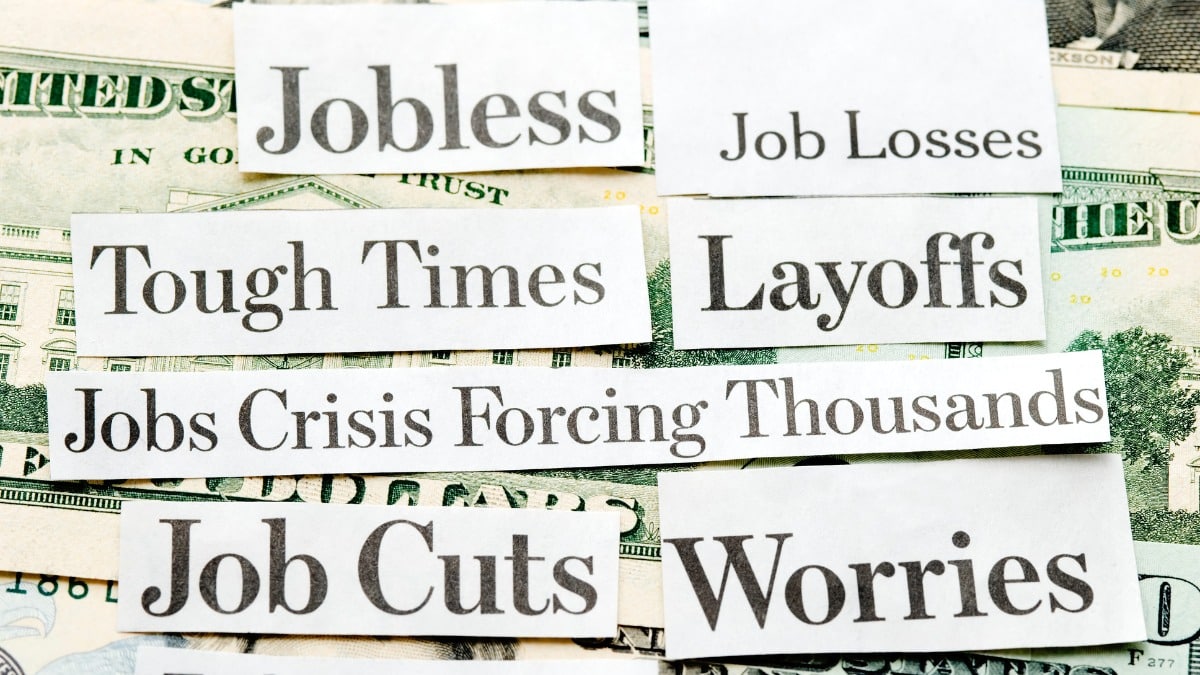Job cuts by American companies increased again in March, signaling a potential shift in the labor market as inflation and interest rates climb.
A report by Challenger, Gray & Christmas showed planned job cuts hit 90,309 last month, a 7% jump from February. This is also slightly higher than March 2023. It’s the most companies have planned to cut jobs since January 2023.
“While layoffs are still below last year’s levels, they did pick up at the end of the first quarter,” said Andy Challenger, a senior vice president at the firm. “Many companies seem to be focusing on doing more with fewer employees.”
The tech industry led the job cuts in March, losing 14,224 workers. Since January, the sector has shed over 42,000 jobs.
Government layoffs were the second highest, with 36,044 positions cut in March. This includes 24,000 jobs lost in the U.S. Army and 10,000 from Veterans Affairs. It’s the most government jobs lost in a single month since September 2011.
Financial firms also saw a significant increase in layoffs this year, cutting 28,715 positions in the first quarter. However, this is down slightly from the same period in 2023.
Also Read: Mortgage Rates on Hold in March Despite Fed Efforts
Transportation companies have seen a dramatic rise in job cuts, eliminating 15,746 positions so far this year, a massive 483% increase compared to last year.
Cost-cutting was the primary reason cited for layoffs in the first quarter, accounting for over 66,000 job cuts. Other reasons included restructuring, business closures, weak market conditions, and bankruptcies.
Companies also planned to add only 36,795 new positions in the first quarter, a steep 48% decline from last year. This is the lowest number of planned hires since 2016.
The U.S. labor market has been unusually tight for the past year, surprising economists who predicted a slowdown. While economists say the market is starting to normalize after a period of rapid growth, it’s still far from collapsing.
This information was originally reported on Fox Business
